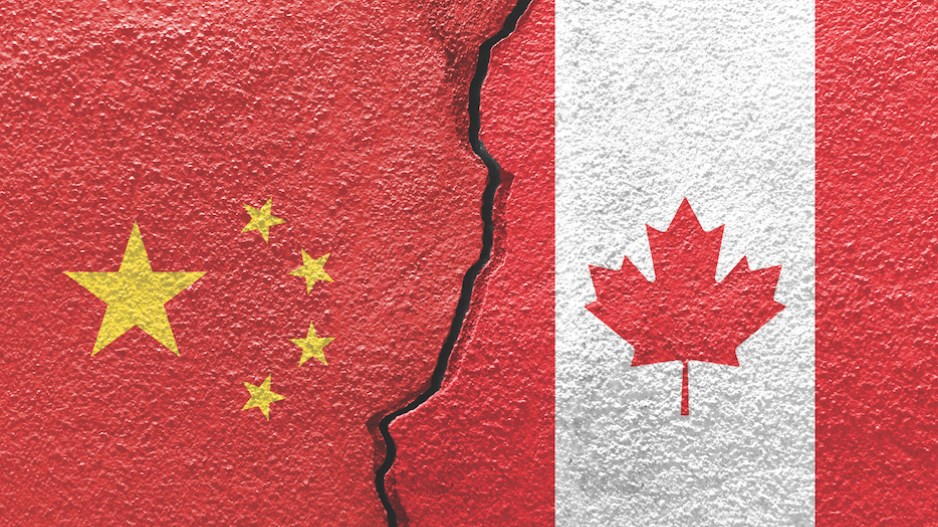An interaction with the justice system can appear to be an extremely lengthy endeavour for any Canadian who has had to deal with it. The recent extradition hearing of Huawei Technologies Co. Ltd. chief financial officer Meng Wanzhou served as a reminder of how long certain processes can take.
Meng has been under house arrest in Vancouver since December 2018. She faces obstruction of justice and bank fraud charges in the United States, related to her company’s business dealings in Iran. The People’s Republic of China has effectively retaliated by keeping two Canadians – Michael Kovrig and Michael Spavor – in confinement over espionage allegations.
After four days of hearing testimony at the BC Supreme Court, a judge is expected to take weeks if not months in providing a decision on whether Meng should be extradited to the United States. This means that conversations about this topic in Canada and British Columbia will indubitably continue.
This month, Research Co. chose to review the feelings of Canadians on this matter for the third time. Views have become extremely entrenched on the three questions we have tracked – the federal government’s conduct, the desire for Canadians to establish closer ties with China and, most importantly, whether Huawei should participate in the development of Canada’s 5G mobile networks.
This month, 66% of Canadians voiced opposition to Huawei playing a role in Canada’s 5G spectrum, slightly lower than the results we reported in July 2019 (68%) but significantly higher to the animosity expressed in February 2019 (57%), just weeks after Meng’s arrest.
Compared to the Canadian average, the perceptions of British Columbians have been consistently more strongly opposed to adoption of Huawei’s 5G technology. This time, as was the case in July 2019, rejection from B.C. residents stands at 81%. The province that has been exposed to the largest amount of coverage of the Meng trial remains extremely skeptical of Huawei.
Across the country, 67% of Canadians agree with the way Canadian authorities have acted in the Meng case. This includes majorities of voters who supported the Liberal Party of Canada (83%), the New Democratic Party (NDP) (68%) and the Conservative Party of Canada (53%) in last year’s federal election. Coming out in favour of Huawei or criticizing the actions of the Canadian government may not be a wise strategy for opposition parties, although it has certainly been a trendy position for some former politicians.
The survey was in field as Canadians became more aware of the coronavirus outbreak in Wuhan, China. In any case, we did not see a dramatic fluctuation in the proportion of Canadians who are ready and willing to establish closer ties with China. In July 2019, it was 18%. This month, it is 19%. This means that two-thirds of Canadians (68%) remain wary about Canada’s dealings with this particular country.
The Meng extradition case is not expected to be resolved expeditiously, but other decisions related to Huawei are due. Authorities in the United States currently seem adamant in not allowing Huawei into their 5G spectrum. At the time of this writing, the situation does not seem to be as clear in the United Kingdom, where recent stories have suggested that Boris Johnson’s government will consider a “limited role” for Huawei on 5G.
In spite of a large-scale campaign on social media, as well as carefully placed sponsorships in traditional media, Canadians are not warming up to Huawei as a partner in technology. If the federal government chooses to give a consideration to a “limited role,” Canadians may be dumbfounded. The way in which sizable majorities of residents look at the company, and the country where it is based, will not make any eventual decision an easy one for Ottawa.
Mario Canseco is president of Research Co.
Results are based on an online study conducted January 23–26, 2020, among 1,000 adults in Canada. The data has been statistically weighted according to Canadian census figures for age, gender and region in Canada. The margin of error, which measures sample variability, is +/- 3.1 percentage points, 19 times out of 20.




